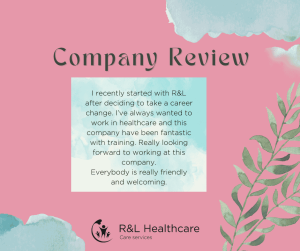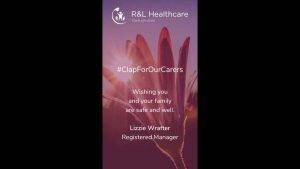It is a fatty substance necessary for the functioning of the body. It is part of the membrane of our cells and necessary to produce some vitamins, hormones and bile acids.We acquired it with the intake of some foods, but our body also creates it. For that reason, when cholesterol levels rise above normal values, deposits build up in the arteries and cause narrowing and hardening of them, which makes it harder for blood to flow and leads to vascular diseases.There are basically two types of cholesterol, HDL cholesterol (“good”) having a protective role and LDL cholesterol (“bad”).
Causes of increased cholesterol
• Overweight and poor diet.
• It increases with age, stress and anxiety and menopause in women.Besides, we should keep in mind that its adverse effects are enhanced with tobacco because this produces the hardening of arteries as well.
• Genetic factors.
• Liver, kidney or hormonal disorders.
• Some drugs.
Symptoms of high cholesterol
We cannot feel that we have high cholesterol levels, but when we feel something because of these high levels we are already beginning to develop cardiovascular disease. Some symptoms of vascular diseases are:
• Numbness in extremities.
• Swelling of extremities.
• Dizziness, loss of balance.
• Chest pain (angina or even heart attack).
• Fatigue while walking or performing daily tasks with little effort.
Signs of excess of cholesterol
Xanthomas which are yellow deposits around the eyes.
How to reduce cholesterol?
To lower the LDL cholesterol (bad cholesterol), we should:
• Consume low-fat foods: low-fat milk and cheeses.
• Increase fibre-rich foods in the diet.
• Perform aerobic physical activity to mobilize fat if overweight.
• Control the salt, hypertension is another cardiovascular risk factor enhanced with high cholesterol, overweight, smoking habit, which jointly increase the occurrence of cardiovascular diseases.
• Improve our diet with foods like: fish, vegetables, fruits, lean meats (chicken, turkey…); use olive oil, consume about 2 litres of water daily, teas. nuts 2 times a week.
The way to know if you have high cholesterol is through a blood test on a regular basis, according to your doctor’s indications.












